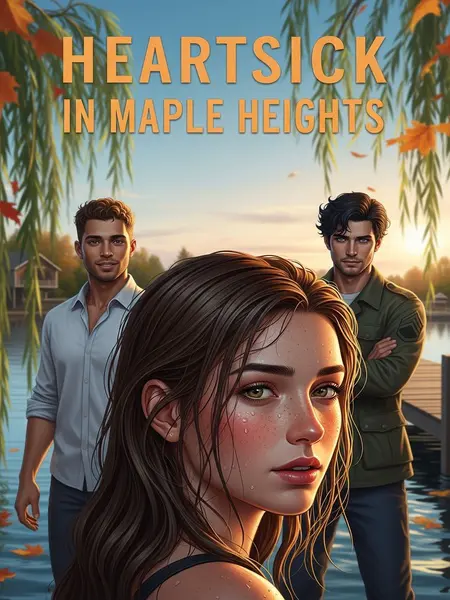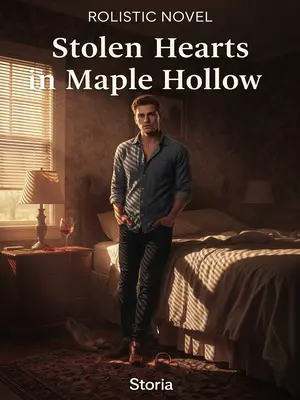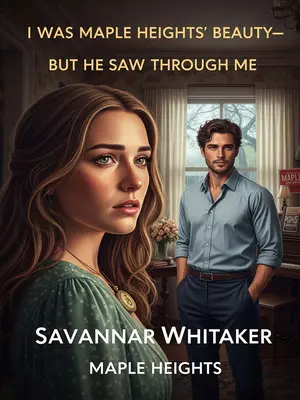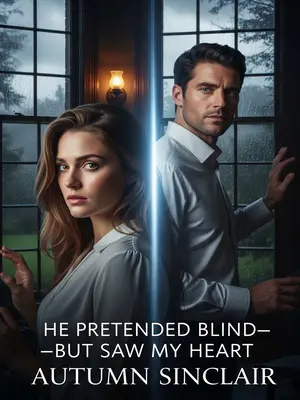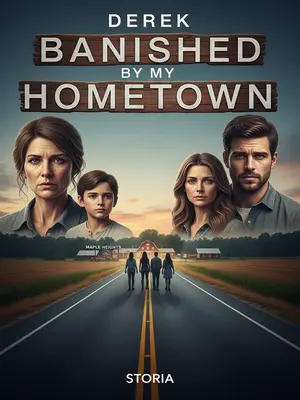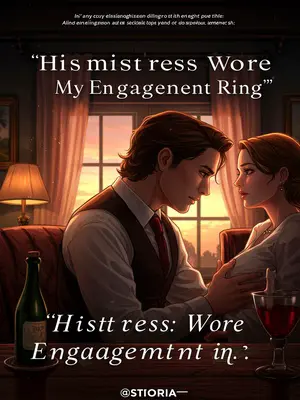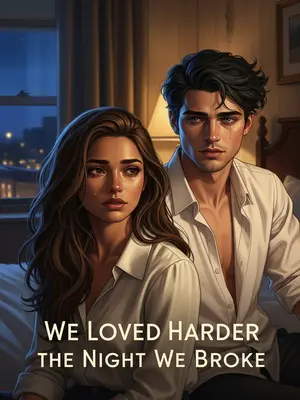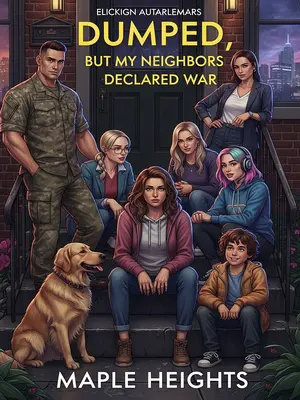Chapter 2: The Golden Boy’s Secret
The newly named valedictorian came from humble beginnings, but his talent was unmatched. Since high school, everyone in Maple Heights said he was the brightest kid in town.
People still talked about the way he’d aced every test, how he’d scored in the 99th percentile on the SATs, and the pride in his mother’s eyes when he brought home blue ribbons from the county science fair. He grew up out on the edge of town in a weathered house with a tire swing in the yard and a vegetable garden his dad tended every spring. Folks admired him not just for his brains, but for how he never let his roots show—never in a way that made anyone else feel small.
When he rode through Main Street during the Fourth of July parade, crowds lined up just to catch a glimpse.
The whole town turned out early—lawn chairs and coolers lining the curb, flags waving in the muggy July air. I remember the brass band blaring as he passed, sitting tall in the back of a convertible, tossing candy to the kids. He was the golden boy, and everyone from the old-timers at the VFW to the youngest Girl Scouts wanted to see what he’d do next.
I snuck out of my parents’ house and joined the neighbors, watching him from a distance.
My heart pounded with the thrill of sneaking out, my sneakers dusty from cutting through Mrs. Henderson’s backyard. I squeezed between Mrs. Jones and her granddaughter, barely tall enough to see over the crowd. But when he glanced my way, I ducked behind a sign, cheeks blazing, clutching my melting popsicle like it was a precious secret.
Young and charming, he waved to the crowd with that perfect smile—just like the hero I’d dreamed up as a kid, reading old romance novels under my blanket.
I remembered the flicker of my flashlight under the covers, the words on those dog-eared pages blurring as I imagined someone like him riding in to sweep me off my feet. For a moment, watching him smile and wave, it felt like anything could happen in Maple Heights.
After that day, half the girls in town fell for him—including me.
There were whispers in the halls, notes passed during homeroom, and a chorus of giggles whenever he walked by. At church picnics, the girls would huddle, daring each other to go talk to him—but none of us ever did. He was always just out of reach, like a star you could see but never touch.
But Carter Hayes was always distant. No matter how many church ladies tried to set him up, he never settled on anyone.
He’d show up at the bake sales, polite and charming, but never let anyone get too close. The ladies at the First Baptist potluck would whisper, planning their next matchmaking ambush—"Maybe the next pie auction, huh?"—but Carter just smiled and slipped away, always one step ahead. Even my mom tried to nudge him toward me once, but he just laughed it off, his eyes far away.
He always carried a strange wooden whistle on his keychain. The rumor was, whoever could get a sound out of that whistle would be his one and only.
The whistle was carved from dark, polished wood, smooth from years of handling. Kids at school said it was lucky, a family keepsake passed down for generations. I’d seen him turn it over in his hands when he thought nobody was watching, his thumb tracing the grooves. It was his secret, and we all wanted to be the one who could make it sing.
I tried more than once, but failed every single time.
I’d sneak glances when he wasn’t looking, and once, after a bonfire, he handed it to me with a crooked smile. I blew until my cheeks hurt, but all I got was a faint wheeze and a sheepish laugh. He pocketed it again with a shrug, and I tried to pretend it didn’t matter. But it did.
Using my status as the mayor’s daughter, I tried to get close to him, tried every angle—friendly and bold—but I just couldn’t win his heart.
I invited him to every town event, dropped hints at fundraisers, volunteered for committees just to be near him. I even signed up for the annual chili cook-off, even though I could barely cook pasta. Nothing worked. Carter was always polite, always friendly, but never more than that. I started to wonder if the whistle was just an excuse—or if he was really waiting for someone I could never be.
He always said he’d only marry the person who could make that whistle sing.
Sometimes he’d joke about it, but there was always a seriousness in his eyes that made me believe it was more than a small-town legend. He’d say, “When the right person comes along, that whistle will sing,” and everyone would laugh, but I could see the hope and longing in his gaze.
